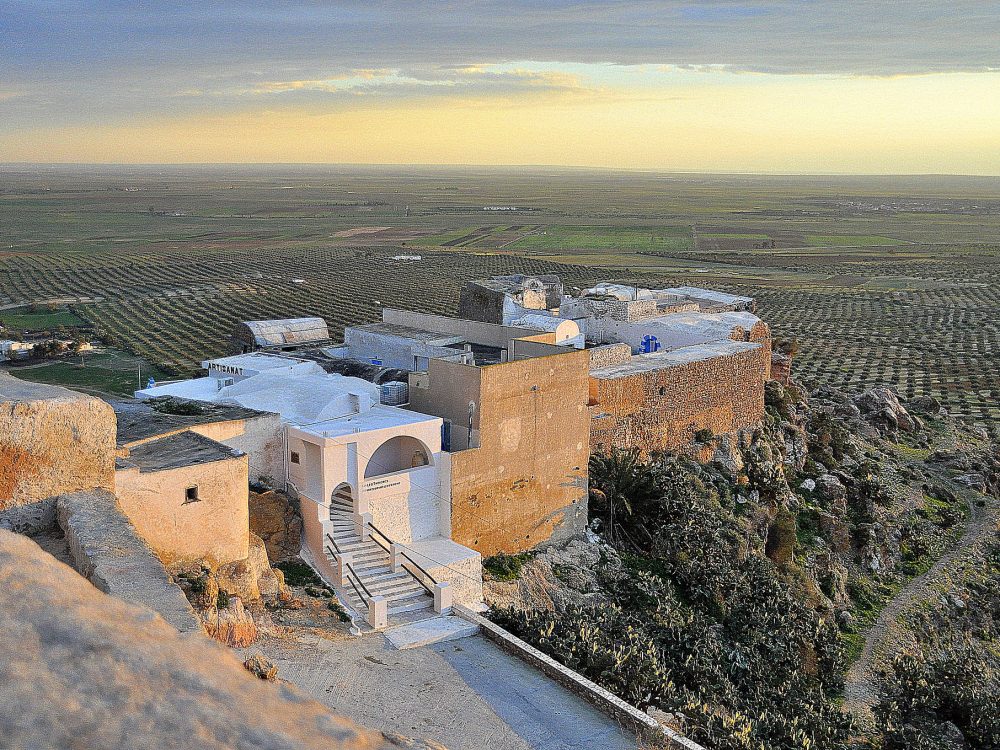Scaling up South-South Cooperation
As attention shifts to the Sustainable Development Goals, Development Gateway reaffirms our decades-long commitment to facilitating South-South cooperation and urges the United Nations to ensure that post-2015 plans include all voices.
Below is an outline of remarks given by Development Gateway CEO Jean-Louis Sarbib at the United Nations Office for South-South Cooperation’s Global South-South Development Expo in Washington, DC.
Development Gateway (DG) was established in 1999 to share information and knowledge of development activities among all stakeholders to:
- Permit better-informed leadership Move towards evidence-based decision making
- Encourage complementary partnership-building
- Facilitate mutual accountability
These initial goals are as applicable to North-South efforts as they are to South-South and triangular cooperation; today, DG meets these objectives at both the global and national levels.
Globally: AidData Partnership
Development Gateway, together with the College of William & Mary and Brigham Young University, is a founding member of the AidData partnership. Working with the OECD Development Assistance Committee, AidData collects and standardizes information on the development activities of emerging donors. This work includes tracking SSC flows, such as foreign direct investment and remittances.
Additionally, in the spirit of making S-S data more easily accessible and understandable, AidData has developed a geocoding methodology that has become the international standard as part of the International Aid Transparency Initiative (IATI). Gathering information at the most local level possible allows for more disaggregated data that is applicable across a broader range of use cases.
Nationally: Aid Management Program
In the spirit of the Paris Declaration emphasis on country ownership, and following the Accra Agenda mantra of “putting the countries in the driver’s seat”, DG developed an aid information management tool that facilitates the tracking of projects and financing, allowing for a more informed and data-driven dialogue.
Co-created with the Governments of India and Ethiopia, the Aid Management Program (AMP) has been launched in over 25 countries worldwide. Increasingly, AMP countries are working with AidData to geocode their aid activities; and, in over 10 countries, all stakeholders in the development process – donors, governments, and citizens – have access to the information through an AMP public portal. DG is currently evaluating mechanisms that would allow citizens to provide feedback on project implementation and give them a voice in improving results.
In the spirit of SSC, DG organizes a yearly workshop attended by countries engaged with or interested in the AMP. This workshop, now in its 7th year, allows teams to exchange their experiences, good practices, and to provide feedback to the DG team. To keep discussions going between workshops, a special collaboration space for AMP countries has been created on DG’s knowledge exchange platform Zunia.org.
Finally, in partnership with the government of Honduras and SEGIB, DG has created a module to track SSC in the Honduran AMP platform. Lessons learned are being shared by SEGIB with other countries in Latin America, and a public portal including S-S information is about to be launched. Haiti, another AMP country, has expressed interest in the module, and is communicating directly with Honduran government officials to evaluate its functionality.
Challenges Facing S-S Cooperation
Busan emphasized the importance of two key areas in SSC: (i) linking domestic and international resource flows for a comprehensive view of available finance, and (ii) measuring the growth of S-S assistance.
As we take stock of where we are three years after Busan, DG’s work with partner governments has highlighted a major challenge: defining what “S-S assistance” is.
The bulk of N-S cooperation takes the form of quantifiable financial flows. However, SSC is much harder to quantify; it can take the form of technical assistance, exchange of experience, conferences, in-kind contributions, foreign direct investment, etc. This diversity requires clearer definitions and classification for the purposes of aggregation and comparability.
The challenge of defining, quantifying, and tracking SSC will require applying existing and novel approaches for better results. For example, standardizing the definition and measurement of SSC could be addressed during the refinement of the IATI standard, and through encouraging IATI data use and reporting in-country. We hope that the post-2015 “data revolution” will make room and provide resources for addressing those challenges – and DG is ready to contribute.
Share This Post
Related from our library

How useful is AI for development? Three things we learned from conversations with development experts
The development world is buzzing with excitement over the idea that new and emerging applications of artificial intelligence (AI) can supercharge economic growth, accelerate climate change mitigation, improve healthcare in rural areas, reduce inequalities, and more. But what does this look like in real life?

The Future of Technology Governance and Global Development: Why DG Brought DataReady In-house
DG is excited to announce we now have more robust data governance advisory services with the recent integration of DataReady.

At a Glance | Tracking Climate Finance in Africa: Political and Technical Insights on Building Sustainable Digital Public Goods
In order to combat the effects of climate change, financing is needed to fund effective climate fighting strategies. Our white paper, “Tracking Climate Finance in Africa: Political and Technical Insights on Building Sustainable Digital Public Goods,” explores the importance of climate finance tracking, common barriers to establishing climate finance tracking systems, and five insights on developing climate finance tracking systems.